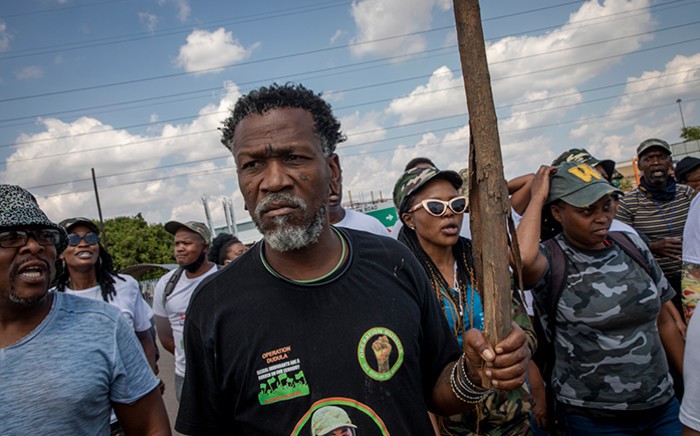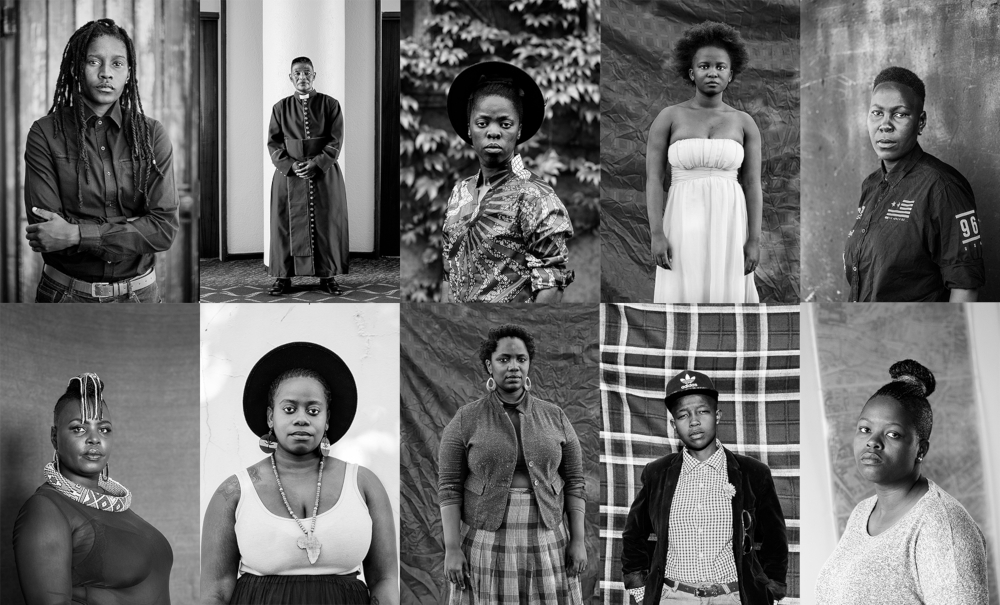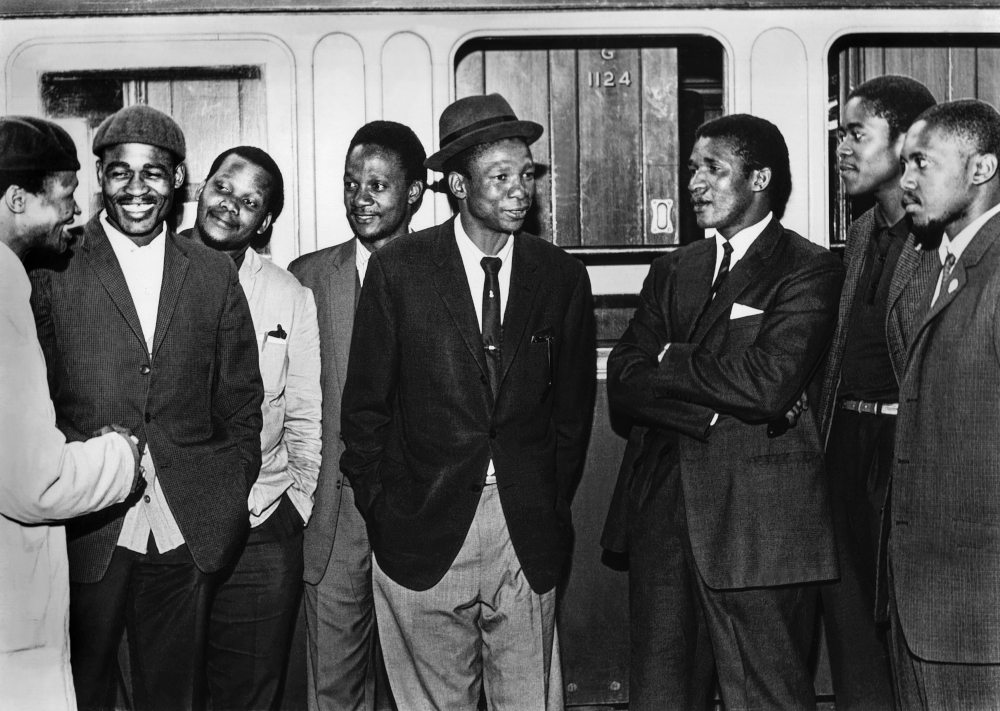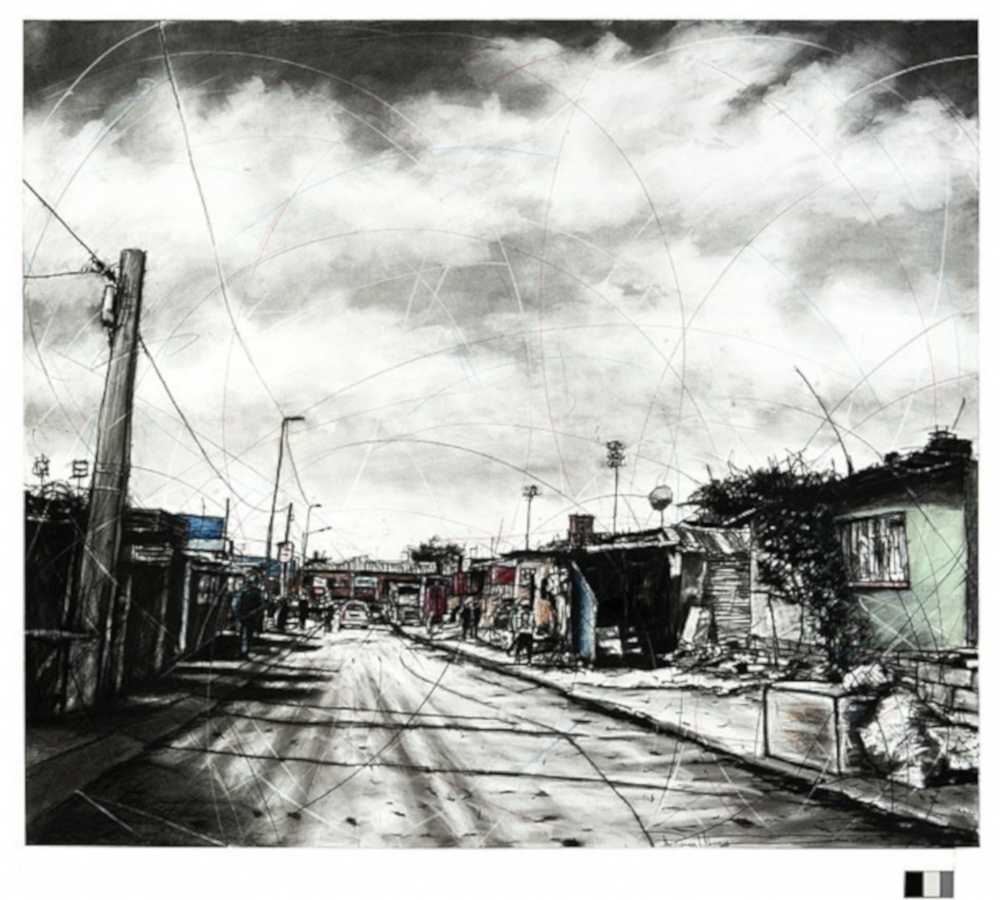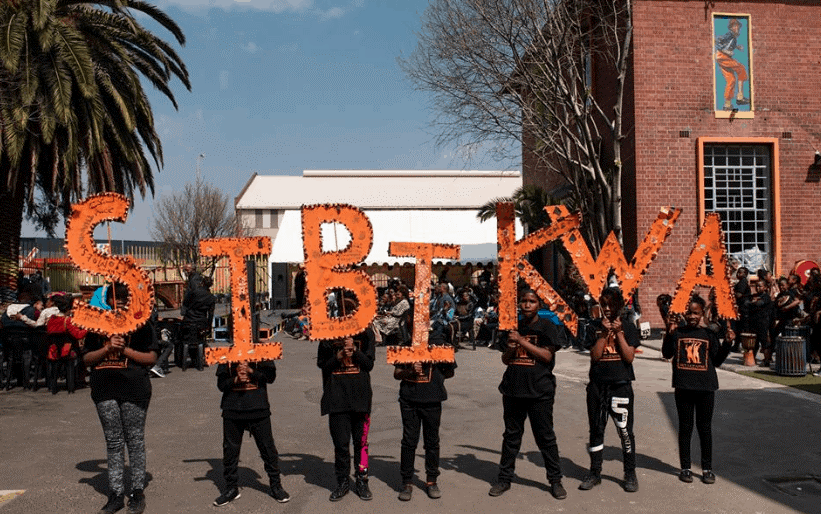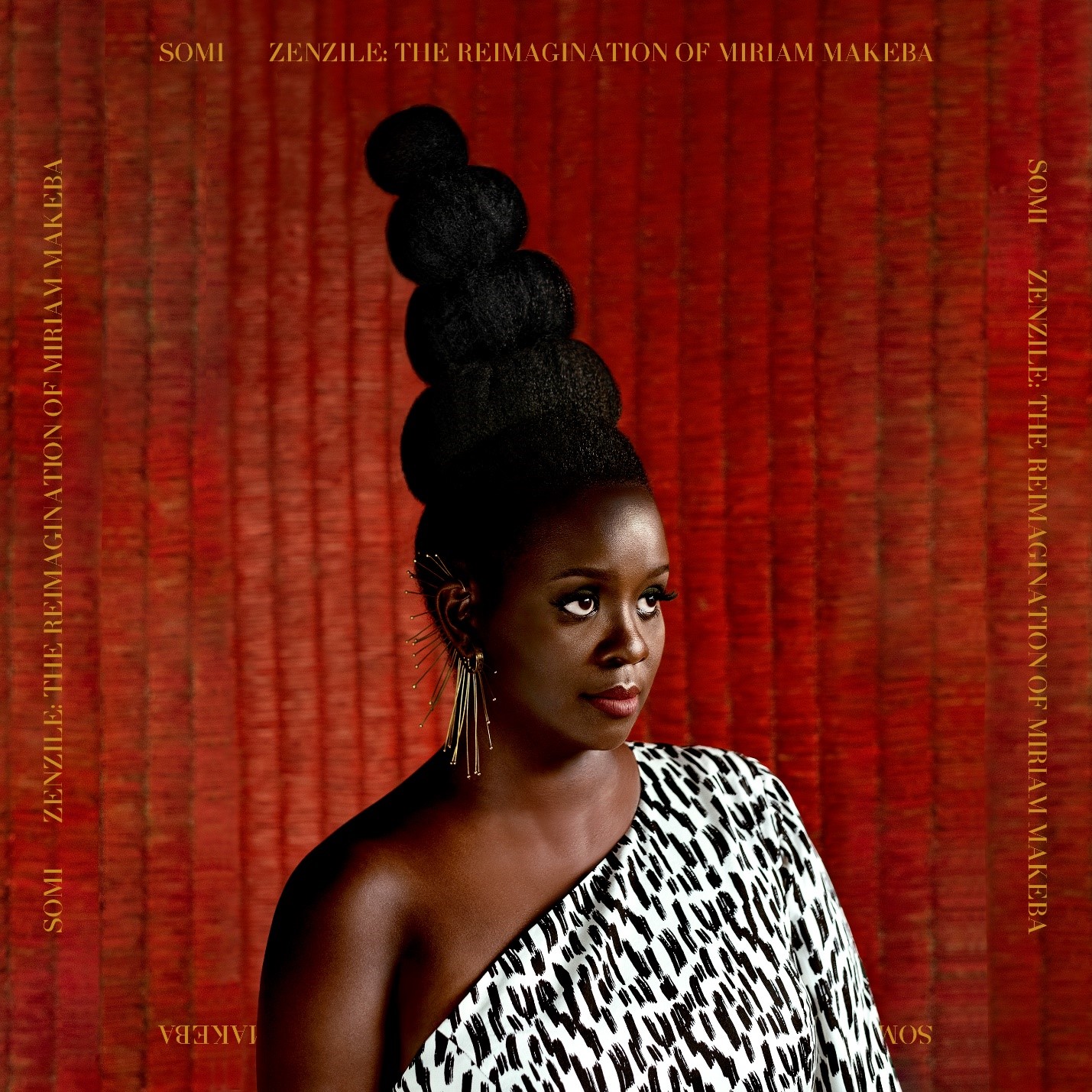The Foundations of Language: Roots, Lineages, and Thought
After writing books, articles, and chapters in peer-reviewed publications, this year I have published my first poetry collection in the tongue of my ancestors. Why? Because language is land. On this land, we meet our roots and lineages and acquire our thoughts, emotions, feelings, etiquettes, manners, habits, and practices. At the same time, this land of language is the very springboard from which we can transform and transcend our thoughts, emotions, feelings, etiquettes, manners, and practices. This is the land that births our dreams, and this is the land on which we grow the potential to rise beyond our dreams. Philosophy, ethics, culture, history, traditions, wisdom, and heritage reside in this land. We encounter reality through our bodies, minds, souls, and spirits, but it is in this land of language that we acquire and develop the interpretation and reinterpretation of that reality.
Heritage and Wisdom: Philosophy, Ethics, and Culture
Hegel, Engels, Marx, Durkheim, Weber; Plato, Machiavelli, Locke, Rousseau, Hobbes; Smith, Keynes; Aquinas, Kierkegaard, Kant; Abraham, Jesus, Mohammed, Buddha, Krishna; Van Gogh, Van Rijn, Warhol, Dali; Hitchcock, Fellini, Spielberg, and Miyazaki encounter and interpret their realities, dreams, ideals, fantasies, and revelations mainly through the land of their mother tongues. So, why must the teaching, writing, and publishing of philosophical, scientific, and literary works ignore and rubbish the histories, traditions, and legacies of philosophy, ethics, mysticism, spirituality, poetry, and theatre birthed by our language and the social, political, economic, and cultural realities of our people? Why must I cut my tongue to speak poetry, philosophy, psychology, and spirituality?
The same people who revel in citing philosophical, political, religious, and intellectual traditions from Europe, Asia, and so forth that are named after people are likely to cringe, frown, and fret if one were to choose to refer to the philosophical and political thought of the outstanding philosopher-kings Mohlomi and Moshoeshoe by the names of these philosopher-kings. You speak of the Shakespearean, Chaucerian, Brechtian, Kafkaesque this and that, but you call me a nativist when I talk of the Sekese, Jabavu, Mqhayi, Mofolo, Ratshitanga this and that.
Inclusivity and Respect: Bridging Linguistic Divides
There is a profound connection between language, culture, and identity. Our language forms the bedrock of our understanding of the world, shaping our thoughts, emotions, and interpretations of reality. There is a rich heritage and wisdom embedded in our cultures. However, we live in a world in which people have internalized either a dismissive, cynical attitude towards works in our languages as African people or the ghettoization of such works.
There is a double standard where Western intellectual traditions and figures are revered and quoted freely, yet indigenous voices and thinkers are often overlooked or marginalized. This disparity in recognition and respect must be questioned. The irony of celebrating Shakespeare or Kant while neglecting equally profound figures from other cultures must be called out.
We must eschew the notion that one must sacrifice or downplay their native language and culture to engage deeply in fields like poetry, philosophy, psychology, and spirituality. Contrarily, we must embrace and celebrate our linguistic and cultural roots as a source of strength and inspiration. Importantly, we must adopt an inclusive and respectful approach to intellectual and cultural diversity, recognizing that profound insights and wisdom can be found across all languages and traditions. Such an approach shall help us to value and preserve the linguistic and cultural diversity that enriches our understanding of humanity.
Empowerment and Cultural Pride: Producing Works in African Languages
Language is land. Producing literary, philosophical, scientific, and academic works in African languages is not merely a matter of linguistic diversity but a crucial step towards inclusivity, cultural richness, and intellectual emancipation. Our languages encapsulate millennia of cultural, philosophical, and historical knowledge. They are repositories of indigenous wisdom, traditions, and perspectives that are often marginalized or lost when not actively cultivated. By producing works in African languages, we ensure that this wealth of heritage is preserved and passed down to future generations. This contributes to a more holistic understanding of African identity and fosters pride in cultural diversity.
Language is intimately tied to identity and self-expression. When intellectual discourse is primarily conducted in colonial languages, it excludes many African voices and perpetuates a sense of inferiority among native speakers. Producing works in African languages empowers local communities, providing them with the tools to engage meaningfully in global dialogues while retaining their unique perspectives. Access to knowledge should not be hindered by linguistic barriers.
Democratizing Knowledge: Language as a Tool for Access
Language is power. By publishing in African languages, we democratize access to education and information, making it more accessible to those whose proficiency in colonial languages may be limited. This inclusivity broadens the scope of academic and scientific inquiry, fostering innovation and development rooted in local contexts. African languages offer distinct modes of thought and expression that enrich global intellectual discourse. They provide alternative perspectives on universal issues such as ethics, governance, and human rights, challenging dominant paradigms and fostering cross-cultural dialogue. Embracing linguistic diversity enhances the richness of global knowledge production and encourages mutual respect among diverse intellectual traditions.
Countering Imperialism
Historically, the dominance of colonial languages has perpetuated linguistic imperialism, marginalized indigenous languages, and eroded cultural identities. Producing intellectual works in our languages challenges this hegemony, asserting the value and viability of diverse linguistic ecosystems. It promotes linguistic equality and contributes to the broader movement for decolonization in academia and society at large. Language shapes thought. By encouraging intellectual exploration in our languages, we stimulate new ideas, theories, and artistic expressions grounded in local realities. This creativity fuels innovation across disciplines, from literature and philosophy to science and technology, fostering a vibrant intellectual ecosystem that benefits both local communities and the global community at large.
Therefore, producing literary, philosophical, scientific, and academic works in our languages is not just a matter of linguistic diversity; it is a matter of equity, cultural preservation, and intellectual enrichment. Embracing and promoting our languages in intellectual discourse is essential for building a more inclusive and equitable global knowledge society, where diverse voices and perspectives contribute to a more comprehensive understanding of humanity and its complex challenges.



